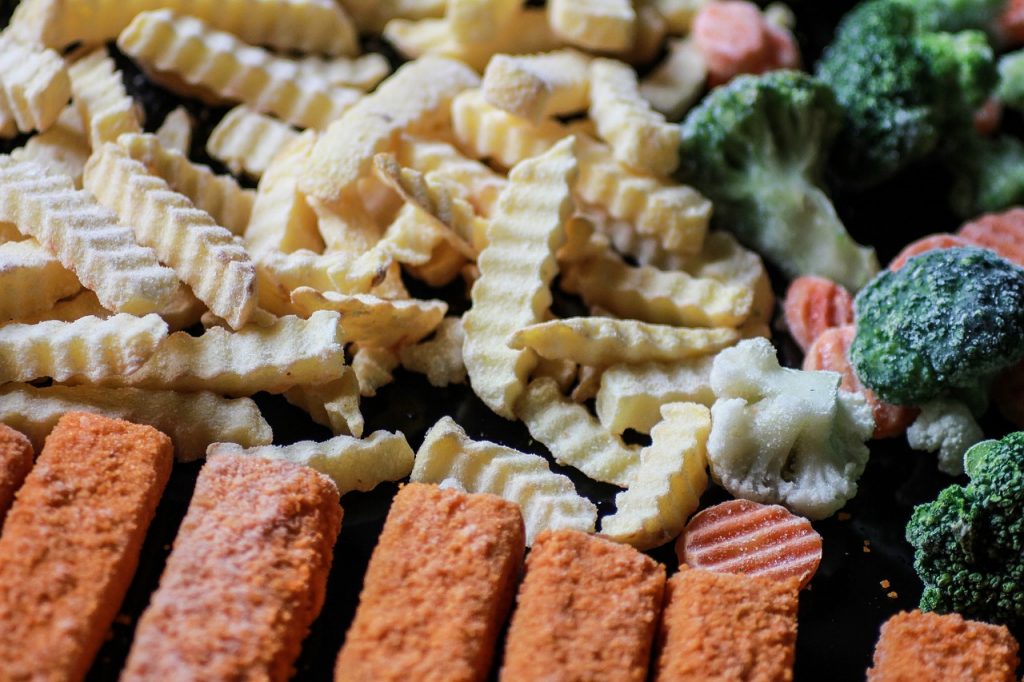All opinions are mine and mine alone.
4 myths about freezing foods debunked for good
The fact that the freezer has been donning our kitchens since the early 1900s says everything about its importance to our day to day lives. At the same time, some of us have become far too reliant on the appliance.

In other words, this isn’t the ultimate saviour that it is sometimes made out to be. Sure, they are an absolute necessary and this is one of the reasons why Zanussi appliance repairs are so sought after when the worst does happen. However, for the purposes of food safety, there are a lot of misconceptions that don freezers and today’s post will take a look at some of the main ones.
“You can freeze all foods for as long as you want”
Let’s start with one of the myths that is probably the most dangerous. A lot of us shove food to the back of the freezer, only to forget about it for month’s on-end.
Well, depending on the food you have stored there, this isn’t always a safe method. For example, cooked meat shouldn’t be stored for any more than three months, while this extends to 12 months for uncooked poultry. You can extend these lifespans if you take more care with how you freeze the goods; for example, you can use vacuum sealer bags to prevent any air from coming into contact with the food and ultimately make them last longer.
“Every type of food is suitable for freezing”
Before we delve into the details, let’s firstly clarify that most foods are fortunately suitable for freezing. With that being said, you shouldn’t enter the belief that every food on the planet falls into this category. There are some that plainly won’t freeze well, with foods like lettuce being one of them for the simple reason that they will fall apart once they have thawed.
Other types of food which aren’t suitable in this regard are canned goods and eggs, according to the USDA. However, if you can remove the food from the can, and the eggs from their shell, it suddenly becomes completely safe to freeze them.
“Freezing will kill any bacteria”
This next myth is all about the terminology which is used. While it is often said that freezing food will kill bacteria, instead it just makes this bacteria inactive. This means that if there was any bacteria on the food before it was frozen, it would still exist once it had been defrosted at a later date.
“If you freeze food, it has less nutrients”
Let’s conclude with a myth that is more on the positive side. A lot of people don’t like to freeze foods, or at least buy frozen foods, as they are under the belief that frozen foods don’t contain as many nutrients.
Fortunately, this isn’t true in the slightest. In fact, there are some suggestions that purchased frozen food is more suitable for freezing, as they are more likely to be frozen when they are at their peak of ripeness.



Speak Your Mind